Heine is both a surname and a given name of German origin. People with that name include:
Hieronymus, in English pronounced or, is the Latin form of the Ancient Greek name Ἱερώνυμος (Hierṓnymos), meaning "with a sacred name". It corresponds to the English given name Jerome.
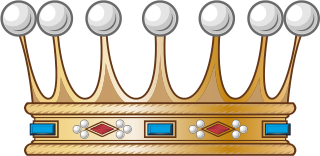
Freiherr, Freifrau and Freiin are designations used as titles of nobility in the German-speaking areas of the Holy Roman Empire, and in its various successor states, including Austria, Prussia, Bavaria, Liechtenstein, Luxembourg, etc. Traditionally it denotes the titled rank within the nobility above Ritter (knight) and Edler and below Graf and Herzog (duke). The title superseded the earlier medieval form, Edelherr.
Sachs is a German surname, meaning "man from Saxony" or "man from Saxon extract". The Saxons derived their name from seax, a kind of knife for which they were known. The seax has a lasting symbolic impact in the English counties of Essex and Middlesex, both of which feature three seaxes in their ceremonial emblem. Their names, along with those of Sussex and Wessex, contain a remnant of the word "Saxon".
Schlegel is a German surname. Notable people with the surname include:
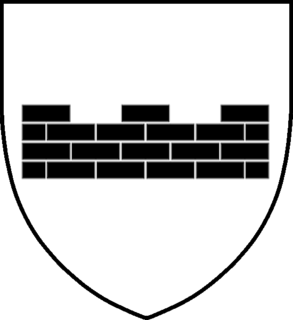
Wrangel is a Baltic German noble family, included in Swedish, Russian, Spanish and Prussian nobility. Its earliest known ancestor is the knight Eilardus (1241†).
Neumann is German for "new man", and one of the 20 most common German surnames.
Niemeyer, Niemeier, or Niemeijer is a surname. Notable people with the surname include:
Hoffmann is a German surname.
Lehmann is a German surname.
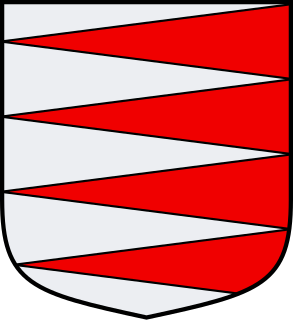
The earliest recorded family member was Otto von Rohr, the German Bishop of Havelberg from 1401 to 1427. The Von Rohrs are Swedish House of Nobility noble family number 807 and Finnish House of Nobility noble family number 85.
von Berg in aristocratic German name hailing from the Duchy of Berg. It may refer to:
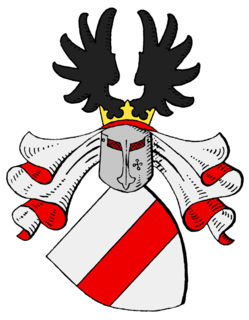
Manteuffel is the name of an old Pomerania noble family, which later also resided in Brandenburg, Prussia, Silesia, Mecklenburg, Poland and the Baltics.
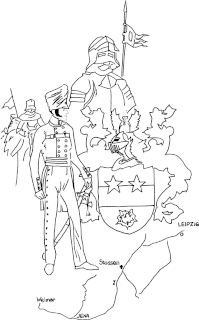
Stößner is the name of a house of German nobility.
The surname Meyer is an English, Dutch, German, and Jewish surname. Many branches of the Meyer(s) family trace their origins to ancient Anglo-Saxon culture. The surname Meyer is an occupational-heredity surname that can be derived from the Old English name "Maire", meaning "Mayor", or an officer in charge of legal matters. The name can also be derived from the German word "meiger", meaning "Mayor"; the name likely traces its origins to a wealthy landholder. There are various names that are connected by cognation in many instances, such as Myer, Meyr, Meier, Meijer, Mayer, Maier, Mayr, and Mair). Among German Jews, the surname "Meyer" can sometimes be converged with the similar sounding Hebrew name "Meir", which means "one who shines" in Hebrew.
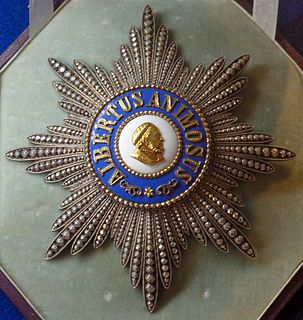
The Albert Order was created on 31 December 1850 by King Frederick Augustus II of Saxony to commemorate Albert III, Duke of Saxony. It was to be awarded to anyone who had served the state well, for civil virtue, science and art.
Events in the year 1930 in Germany.
Hardenberg and von Hardenberg are German surnames, originally given to people from various places called Hardenberg.
The surname Benda may refer to:

Stieglitz is a surname originating in Germany. Stieglitz, meaning goldfinch, was borrowed into German from a Slavic language, probably Old Czech stehlec.
This page is based on this
Wikipedia article Text is available under the
CC BY-SA 4.0 license; additional terms may apply.
Images, videos and audio are available under their respective licenses.






